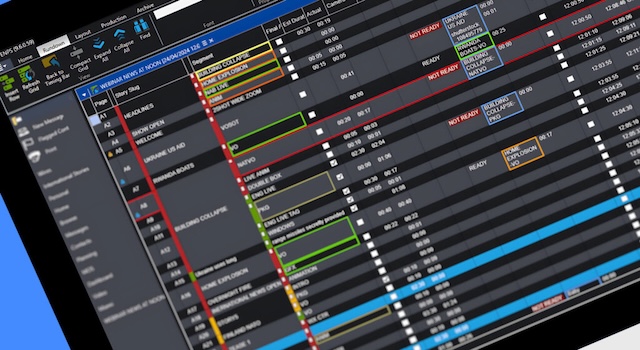Accounting
Blockchain & Smart Contracts in Accounting: From Audit Trails to Real-Time Reconciliation

Blockchain accounting is redefining the way organizations track, verify, and report financial transactions. With distributed ledgers and smart contracts, companies can automate reconciliation, eliminate double entries, and maintain real-time, tamper-proof financial records that are auditable by design.
What is blockchain accounting?
Blockchain accounting uses decentralized, cryptographically secure ledgers to record financial transactions. Each entry is verified by consensus across nodes and stored immutably—creating a single source of truth that auditors, regulators, and stakeholders can trust.
How smart contracts enhance accounting
Smart contracts are self-executing programs that trigger transactions when specific conditions are met. In accounting, they automate tasks like revenue recognition, invoice approval, and payment settlement—reducing manual intervention and ensuring compliance.
- Auto-reconciliation: Transactions are recorded on both sides simultaneously, ensuring instant balance consistency.
- Error reduction: Immutable ledgers prevent data tampering or unauthorized changes.
- Regulatory transparency: Auditors can access transaction trails in real time.
- Efficiency: Eliminates the need for redundant entries across multiple ledgers.
Use cases for blockchain in accounting
- Real-time reconciliation: Instantly matches transactions between banks, suppliers, and customers.
- Automated audits: Blockchain-based systems provide continuous assurance through transparent records.
- Asset tokenization: Digitally represent and track ownership of physical or financial assets.
- Cross-border payments: Reduce settlement time and FX costs using decentralized payment networks.
- Smart contract compliance: Enforce business rules automatically for revenue, leases, or expenses.
Top blockchain platforms for accounting innovation
- Hyperledger Fabric: Enterprise blockchain for secure, permissioned accounting networks.
- Ethereum: Supports programmable smart contracts for payment and audit automation.
- Polygon & Avalanche: Provide scalability for high-volume transaction accounting.
- EY OpsChain: A blockchain platform designed for enterprise finance and procurement transparency.
- IBM Blockchain: Offers integrated audit and reconciliation features for financial workflows.
Benefits for finance teams
- Audit efficiency: Auditors can verify transactions directly from the blockchain ledger.
- Fraud prevention: Immutable, cryptographically signed entries prevent falsification.
- Cost reduction: Eliminates redundant reconciliation and external verification steps.
- Trust and transparency: Builds confidence among partners, regulators, and investors.
Implementation roadmap
- Identify target processes: Focus on areas like intercompany reconciliation or invoice management.
- Select blockchain architecture: Choose between public, private, or hybrid ledgers based on compliance needs.
- Integrate with ERP: Connect blockchain data to accounting systems for real-time reporting.
- Deploy smart contracts: Automate rules for payments, recognition, and asset transfers.
- Enable continuous auditing: Provide auditors with read-only ledger access for transparency.
KPIs to track
- Reconciliation time: Reduction in time to match and verify transactions.
- Audit cycle time: Hours saved per audit through automation.
- Fraud incident rate: Decrease in unverified or unauthorized transactions.
- Ledger integrity: Verified hash matches per period (zero discrepancies).
Challenges and considerations
- Integration complexity: Requires coordination between IT, accounting, and compliance teams.
- Regulatory uncertainty: Blockchain accounting standards are still emerging globally.
- Data privacy: Financial data on shared ledgers must comply with GDPR and SOC 2 requirements.
- Skill gaps: Accountants need blockchain literacy and smart contract knowledge.
SEO-friendly FAQs
What is blockchain accounting? It’s a decentralized system of recording financial transactions on a shared, immutable ledger that improves transparency and accuracy.
How do smart contracts help in accounting? They automate processes like payment settlements, revenue recognition, and compliance enforcement.
Is blockchain accounting secure? Yes—each transaction is encrypted, timestamped, and verified across a distributed network.
Which industries are adopting it? Banking, insurance, logistics, and public sector organizations are leading blockchain accounting adoption.
Bottom line
Blockchain and smart contracts are more than buzzwords—they’re the foundation for the next generation of accounting transparency. By creating tamper-proof ledgers and automating reconciliation, they empower finance teams to focus on strategy, not spreadsheets.






